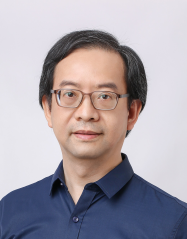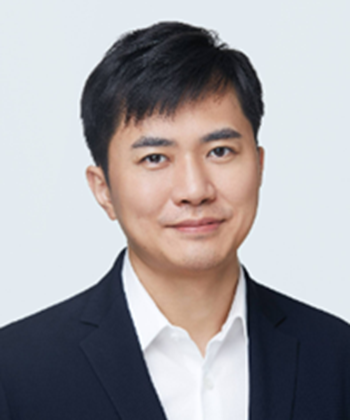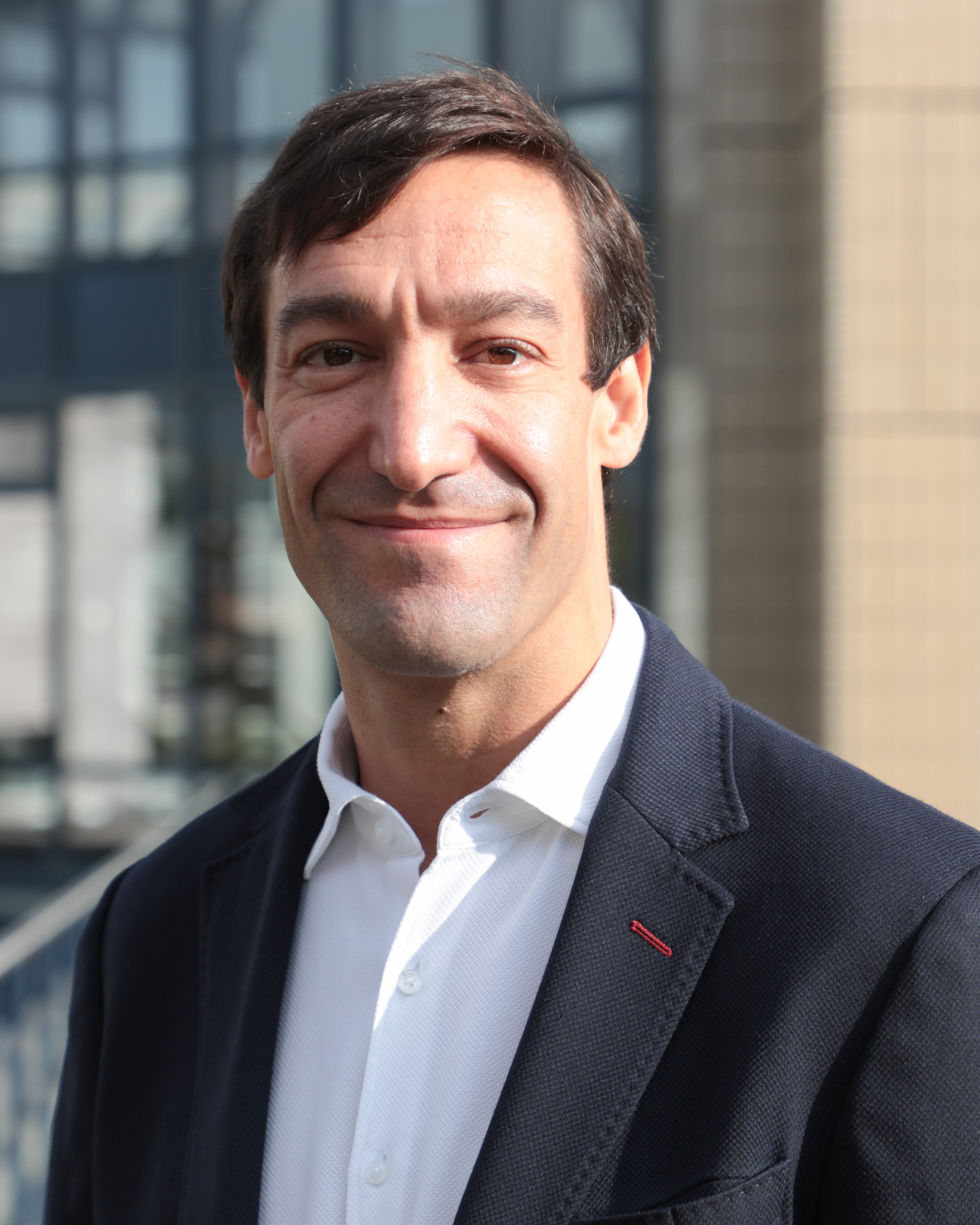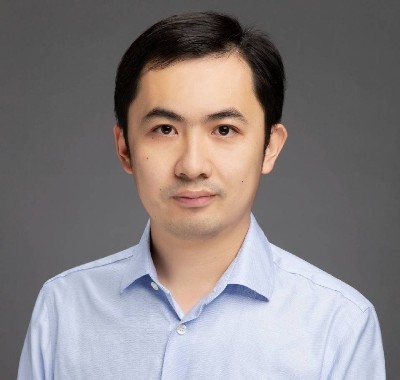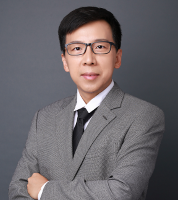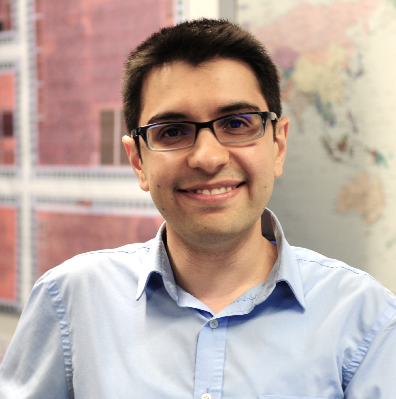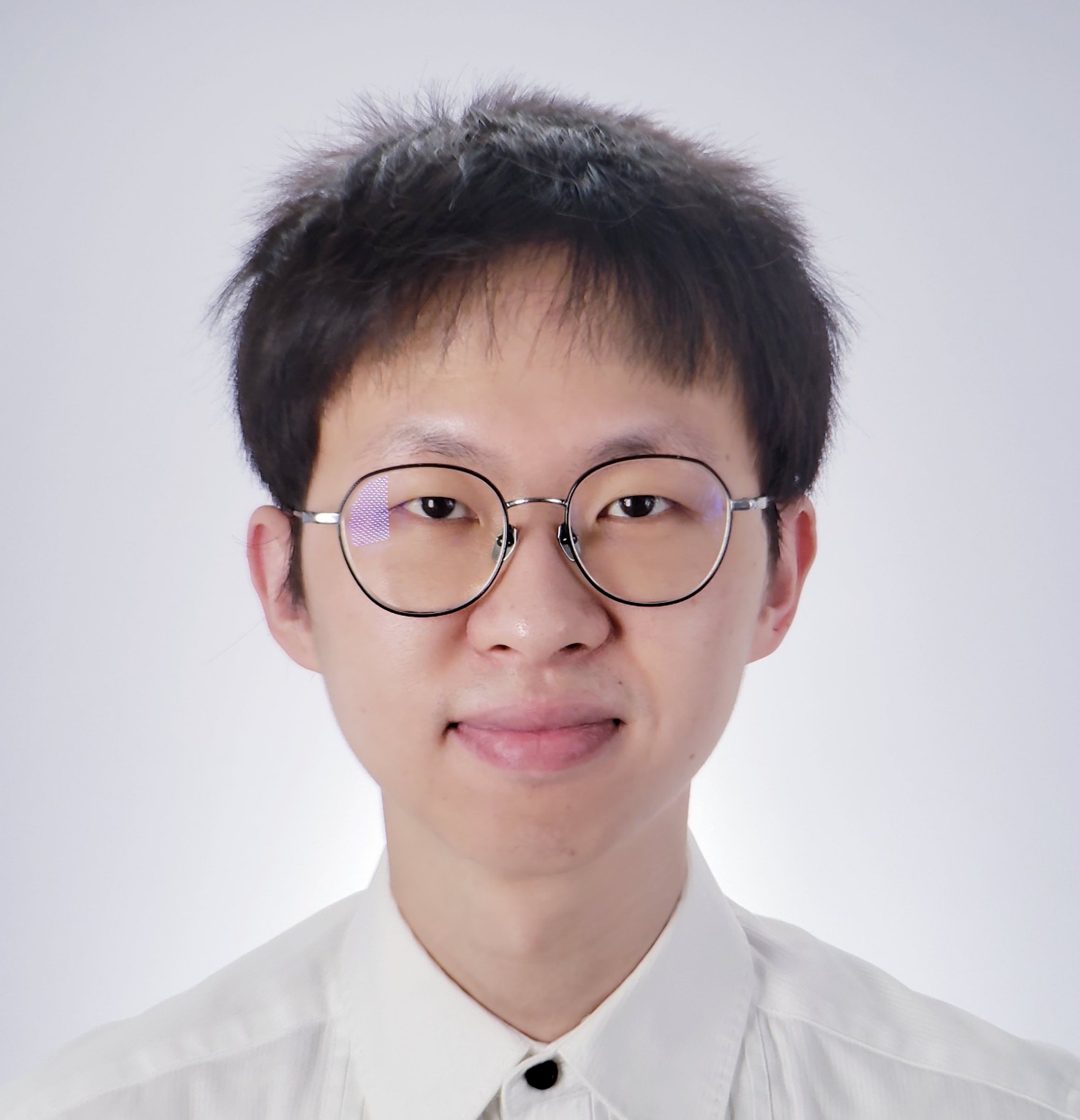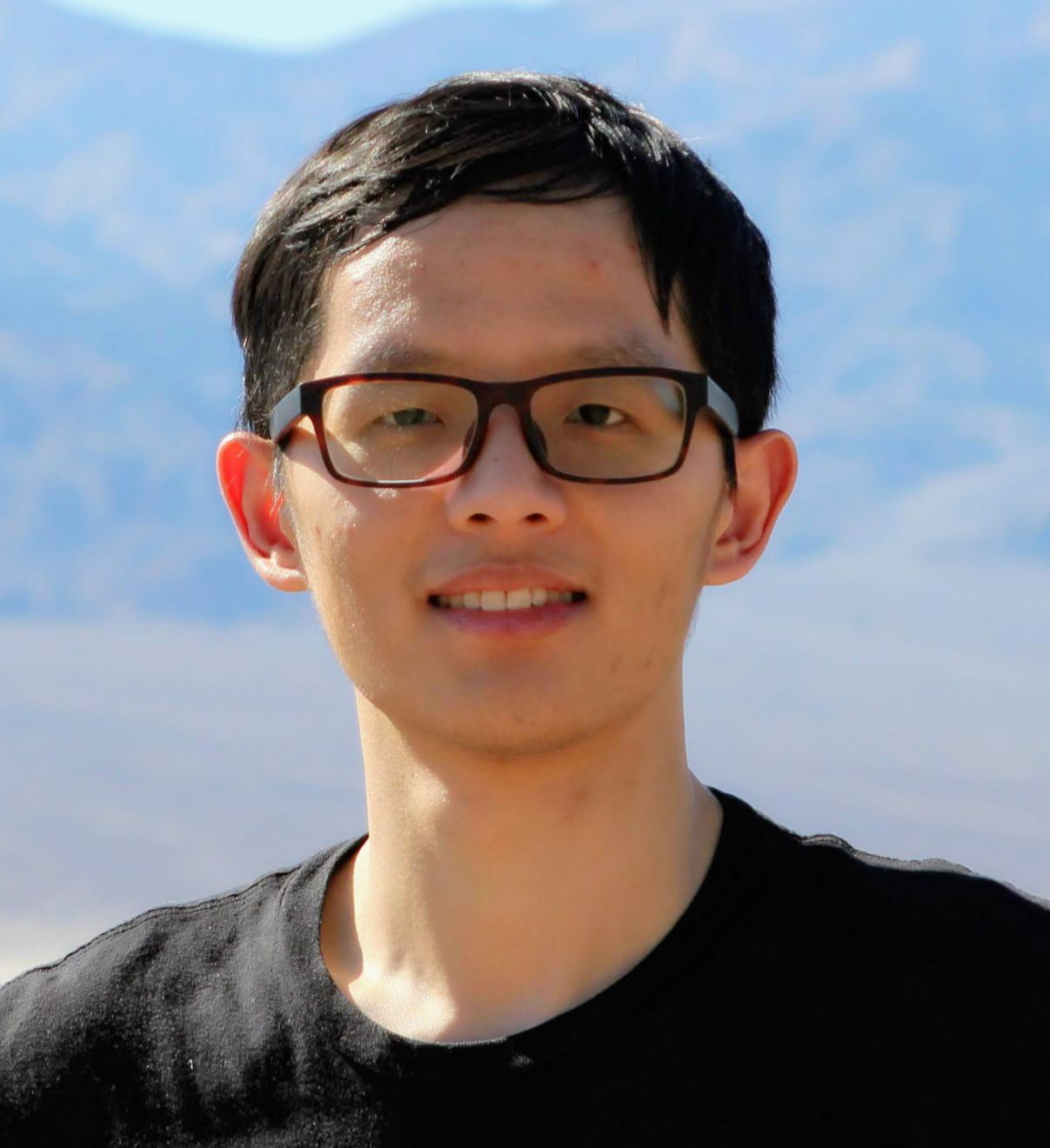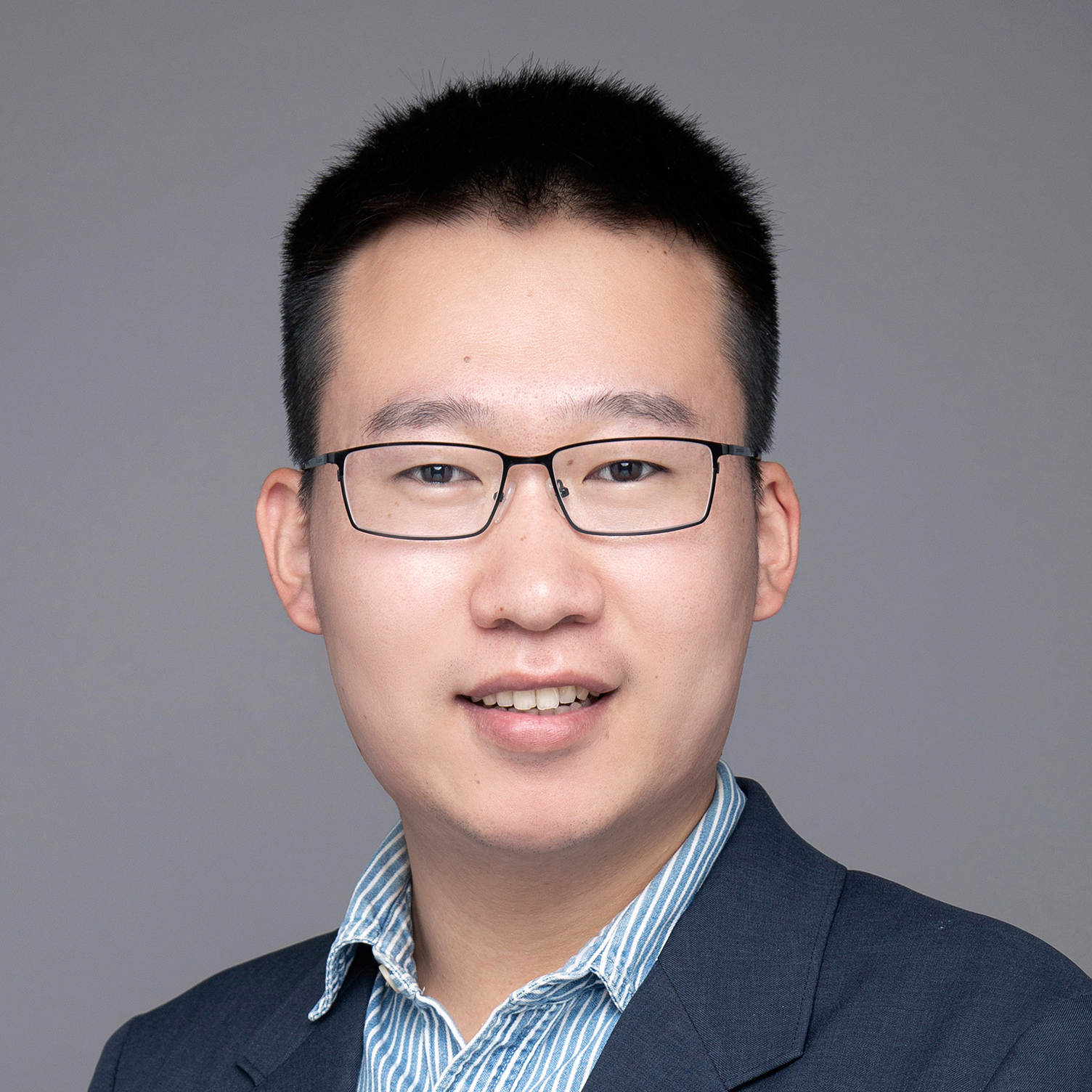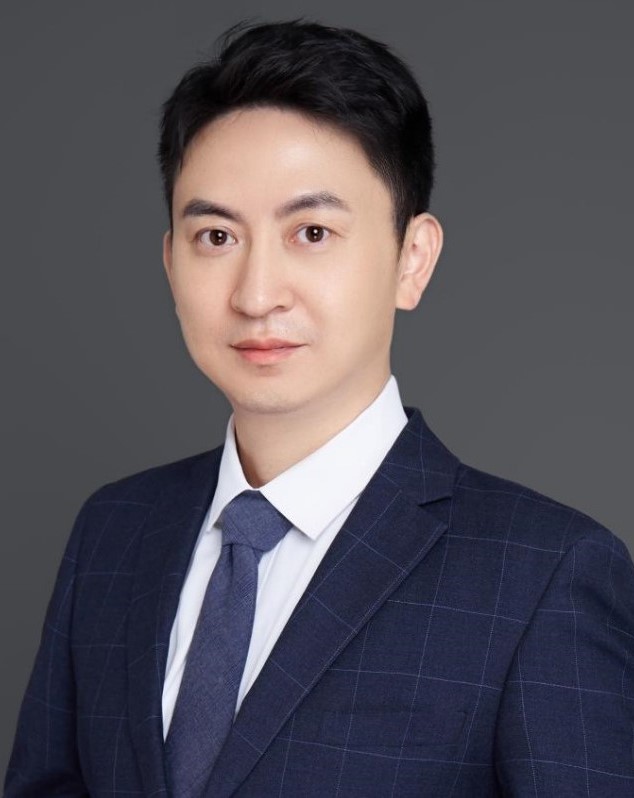Lecturers and Workshop Speakers
Lecturers
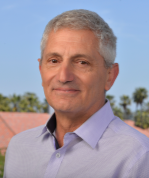
Stanford University
Lecturer for Public Lecture #1
Stephen P. Boyd is the Samsung Professor of Engineering and Professor of Electrical Engineering at Stanford University. His current interests include convex optimization applications in control, machine learning, signal processing, and finance. He received an AB degree in Mathematics, summa cum laude, from Harvard University in 1980, and a PhD in EECS from U. C. Berkeley in 1985. He holds honorary doctorates from Royal Institute of Technology (KTH) and Catholic University of Louvain (UCL). He is a fellow of IEEE, SIAM, INFORMS, and IFAC, a member of the US National Academy of Engineering, a foreign member of the Chinese Academy of Engineering, and a foreign member of the National Academy of Engineering of Korea.
Imperial College London
Lecturer for Public Lecture #2
Wayne Luk is Professor of Computer Engineering at Imperial College London, and the head of the Custom Computing Research Group in Imperial’s Department of Computing. He was a Visiting Professor at Stanford University. His research focuses on foundation and applications of hardware acceleration, reconfigurable systems, and design automation, and he has published over 600 papers in these areas. He was among the first to develop parametric neural network descriptions for hardware acceleration. His work has led to a Research Excellence Award from Imperial College London, and to over 15 awards from international conferences such as the International Conference on Application-specific Systems, Architectures and Processors (ASAP), the International Symposium on Field-Programmable Custom Computing Machines (FCCM), and the International Conference on Field-Programmable Logic and Applications (FPL). He co-founded BlueBee Technologies which was acquired by Illumina. He co-founded ACM Transactions on Reconfigurable Technology and Systems (TRETS) and was the first Editor-in-Chief. He is a Fellow of the Royal Academy of Engineering, a Fellow of the IEEE, and a Fellow of the BCS.
Tsinghua University (THU)
Lecturer for Public Lecture #3
Yu Wang, professor, IEEE fellow, chair of the Department of Electronic Engineering in Tsinghua University, dean of the Institute for Electronics and Information Technology in Tianjin, and vice dean of the School of Information Science and Technology in Tsinghua University.
His research interests include the application specific heterogeneous computing, processing-in-memory, intelligent multi-agent system, and power/reliability aware system design methodology. Yu Wang has published more than 90 journals (64 IEEE/ACM journals) and 270 conference papers in the areas of EDA, FPGA, VLSI Design, and Embedded Systems, with the Google Scholar citation over 24,000. He has received five best paper awards and 13 best paper nominations. Yu Wang has been an active volunteer in the design automation, VLSI, and FPGA conferences. He is the co-founder of Deephi Tech (a leading deep learning solution provider), which is acquired by Xilinx (AMD) in 2018. He is also the promoter of Infinigence AI Tech (a leading AI infrastructure solution provider), which achieves industry-leading large language model inference performance on more than 10+ different chips.
Workshop Speakers
École Polytechnique Fédérale de Lausanne (EPFL)
Speaker for Workshop #1
David Atienza is a Full Professor of Electrical and Computer Engineering, leads the Embedded Systems Laboratory (ESL) and serves as the Associate Vice President for Research Centers and Platforms at EPFL, Switzerland. His research interests focus on system-level design methodologies for energy-efficient multi-processor system-on-chip architectures (MPSoC) for the next-generation of computing servers, data centers and edge AI embedded systems (particularly smart wearables and medical devices) in the Internet of Things (IoT) era. In these fields, he is co-author of more than 450 publications, 14 patents, and received several best paper awards in top conferences. Also, he is the Editor in Chief of IEEE TCAD and ACM CSUR, and he was the Technical Program Chair of DATE 2015 and General Chair of DATE 2017. Dr. Atienza has received several recognitions and awards, among them, the 2024 Test-of-Time Best Paper Award at the IEEE/ACM CODES+ISSS Conference for the most influential paper in system co-design in the last 15 years, the IEEE/ACM ICCAD 10-Year Retrospective Most Influential Paper Award in computer-aided design in 2020, the DAC Under-40 Innovators Award in 2018, and an ERC Consolidator Grant in 2016. He served as President of IEEE CEDA in the period 2018-2019, and as Chair of the EDAA from 2022 to 2024. He is a Fellow of IEEE and of ACM.
Chinese Academy of Sciences (CAS)
Speaker for Workshop #1
Xiaoming Chen received the BS and PhD degrees in electronic engineering from Tsinghua University, Beijing, China, in 2009 and 2014, respectively. He is now a Professor with Institute of Computing Technology, Chinese Academy of Sciences. His current research interests include design automation for integrated circuits and computer architectures. He has published more than 140 papers in DAC, ICCAD, HPCA, MICRO, ASPLOS, IEEE TCAD, IEEE TC, etc. His researches have been adopted by commercial EDA software. He was a recipient of the NSFC Excellent Young Scientists Fund, 2016 European Design and Automation Association (EDAA) Outstanding Dissertation Award (the sole awardee from Chinese Mainland doctors till now), 2018 DAMO Academy Young Fellow Award, and ASP-DAC 2022 Best Paper Award.
Peking University (PKU)
Speaker for Workshop #1
Prof. Yun Eric Liang is currently an Endowed Boya Distinguished Professor in the School of Integrated Circuit and School of EECS at Peking University. His research interest is at the hardware-software interface with work spanning electronic design automation (EDA), reconfigurable computing, computer architecture. He has authored over 100 scientific publications in the leading international journals and conferences. His research has been recognized with four Best Paper Awards and six Best Paper Award Nominations. He currently serves as Associate Editor of the ACM Transactions on Embedded Computing Systems (TECS) and ACM Transactions on Reconfigurable Technology and Systems (TRETS). He is the program chair of International Conference on Field Programmable Technology (FPT) 2022 and International Conference on Application-specific Systems, Architecture and Processors (ASAP) 2019. He also serves in the program committees in the premier conferences including DAC, ICCAD, FPGA, FCCM, HPCA, MICRO, PPoPP, DATE, ASPDAC, SysML, etc.
IBM Zurich Research Laboratory
Speaker for Workshop #2
Abbas Rahimi received the M.S. and Ph.D. degrees in computer science and engineering from the University of California San Diego in 2015, and subsequently was a postdoctoral fellow at the University of California Berkeley and the ETH Zürich. In 2020, he joined the IBM Research-Zürich laboratory as a Research Staff Member. He has received the 2015 Outstanding Dissertation Award in the area of "New Directions in Embedded System Design and Embedded Software" from the European Design and Automation Association, and the ETH Zürich Postdoctoral Fellowship in 2017. He was a co-recipient of the Best Paper Nominations at DAC (2013) and DATE (2019), and the Best Paper Awards at BICT (2017), BioCAS (2018), and IBM's Pat Goldberg Memorial (2020).
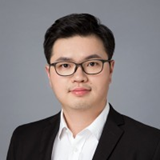
Fudan University (FDU)
Speaker for Workshop #2
Chixiao Chen received the B.S. and Ph.D. degrees in microelectronics from Fudan University, Shanghai, China, in 2010 and 2015, respectively. In 2015, he worked at Calterah Inc. as an Analog/Mixed Signal Circuit Design Engineer. From 2016 to 2018, he was a Post-Doctoral Research Associate with the University of Washington, Seattle. Since 2019, he joined Fudan University as an Assistant Professor. Currently, he is an associate professor with the Frontier Institute of Chips & Systems, and the director of chiplet innovation center of the State Key Laboratory of Integrated Chips, Fudan University. He has served as a TPC member of A-SSCC since 2022. His research interests include mixed-signal integrated circuit design, intelligent computing circuits & systems, and 2.5D/3D/3.5D integration technology
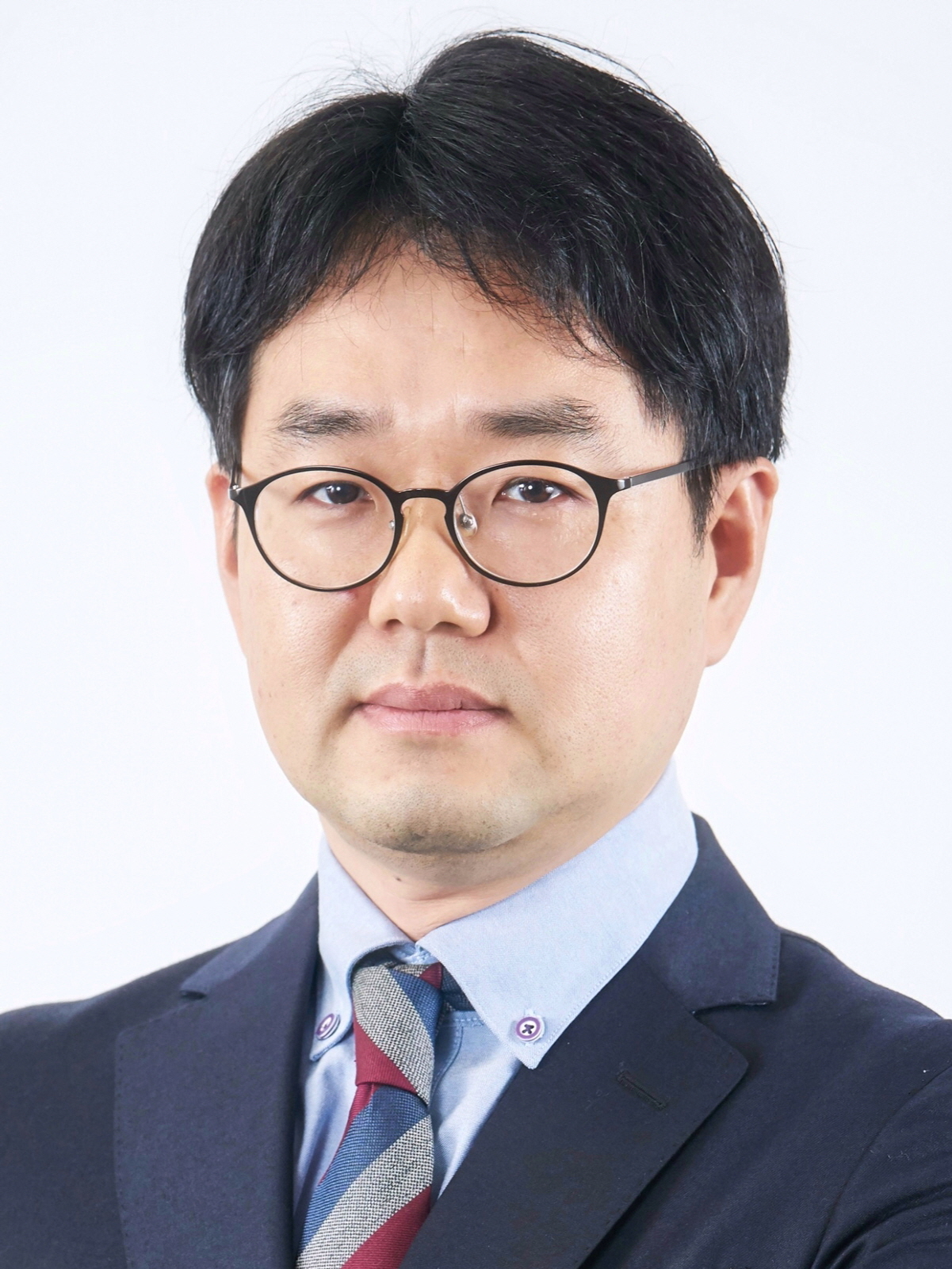
Nanyang Technological University (NTU)
Speaker for Workshop #2
Tony Tae-Hyoung Kim (Senior Member, IEEE) received the B.S. and M.S. degrees in electrical engineering from Korea University, Seoul, Korea, in 1999 and 2001, respectively. He received the Ph.D. degree in electrical and computer engineering from the University of Minnesota, Minneapolis, MN, USA in 2009. From 2001 to 2005, he worked for Samsung Electronics. In November 2009, he joined Nanyang Technological University where he is currently an Associate Professor. He has published over 200 papers in journals and conferences and holds 20 U.S. and Korean patents registered. His research interests include computing-in-memory for machine learning, energy-efficient circuits and systems for edge computing, and memory circuit design.
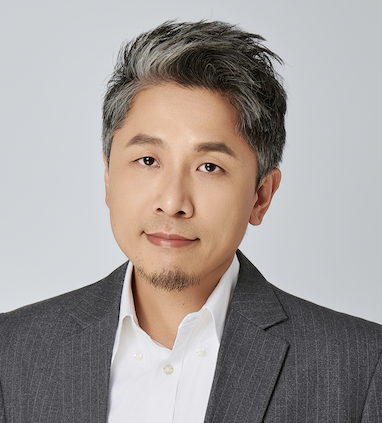
The Chinese University of Hong Kong (CUHK)
Speaker for Workshop #3
Prof. Bei Yu is currently an Associate Professor in the Department of Computer Science and Engineering, The Chinese University of Hong Kong. He has served as TPC Chair of ACM/IEEE Workshop on Machine Learning for CAD, and in many journal editorial boards and conference committees. He received eleven Best Paper Awards from ICCAD 2024 & 2021 & 2013, IEEE TSM 2022, DATE 2022, ASPDAC 2021 & 2012, ICTAI 2019, the VLSI Journal in 2018, ISPD 2017, SPIE Advanced Lithography Conference 2016, and eight ICCAD/ISPD contest awards. He received IEEE CEDA Ernest S. Kuh Early Career Award in 2021, ACM SIGDA Meritorious Service Award in 2022, DAC Under-40 Innovator Award in 2024, and Hong Kong RGC Research Fellowship Scheme (RFS) Award in 2024.
The Hong Kong University of Science and Technology (HKUST)
Speaker for Workshop #3
Zhiyao Xie is an Assistant Professor in the ECE Department at Hong Kong University of Science and Technology. He received his Ph.D. in 2022 from Duke University. His research focuses on electronic design automation (EDA) and machine learning for VLSI design. Zhiyao has received multiple awards, including the RGC Early Career Award 2023, ACM Outstanding Dissertation Award in EDA 2023, EDAA Outstanding Dissertation Award 2023, MICRO 2021 Best Paper Award, ASP-DAC 2023 Best Paper Award, ACM SIGDA SRF Best Poster Award 2022, etc.
Peking University (PKU)
Speaker for Workshop #3
Yibo Lin is an assistant professor in the School of Integrated Circuits at Peking University. He received the B.S. degree in microelectronics from Shanghai Jiaotong University in 2013, and his Ph.D. degree from the Electrical and Computer Engineering Department of the University of Texas at Austin in 2018. His research interests include physical design, machine learning applications, and GPU/FPGA acceleration. He has received 7 Best Paper Awards at premier venues including DATE 2023, DATE 2022, TCAD 2021, and DAC 2019. He has also served in the Technical Program Committees of many major conferences, including DAC, ICCAD, and DATE.
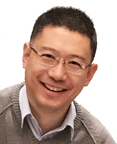
University of Alberta
Speaker for Workshop #4
Prof. Han is a recipient of the Best Paper Awards at DATE 2023 and NANOARCH 2015, as well as several Best Paper Nominations at GLSVLSI 2015, NANOARCH 2016, ISQED 2018 and DATE 2022. He was nominated for the 2006 Christiaan Huygens Prize of Science by the Royal Dutch Academy of Science. His work was recognized by the 125th anniversary issue of the Science Magazine, for developing a theory of fault-tolerant nanocircuits (2005). He serves (or served) as an Associate Editor for IEEE Embedded Systems Letters, IEEE TNANO, IEEE TETC, IEEE Circuits and Systems Magazine (awarded the Best Associate Editor for 2023), the IEEE Open Journal of the Computer Society, Microelectronics Reliability (Elsevier) and the Journal of Electronic Testing: Test and Application (JETTA, Springer Nature). He served as a General Chair for NANOARCH 2021, GLSVLSI 2017 and DFTS 2013, and a TPC Chair for NANOARCH 2022, GLSVLSI 2016 and DFT 2012.
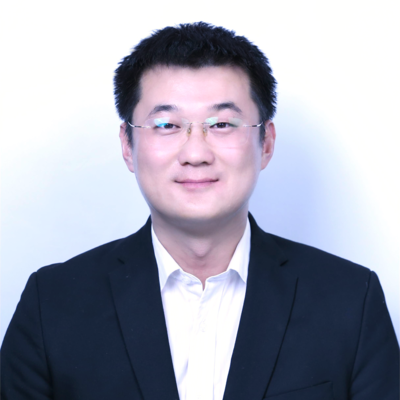
Tsinghua University (THU)
Speaker for Workshop #4
Kaisheng Ma is now a Tenured Associate Professor in Institute for Interdisciplinary Information Sciences (IIIS), Tsinghua University. He received his Ph.D. in Computer Science and Engineering at the Pennsylvania State University. His research focuses on Robust and Efficient AI Algorithms, Post-Moore Architecture, and High-Performance Chips, especially the advanced chip architecture in the post Moore era and the corresponding design methodology and tool chain. Dr. Ma has published more than 50 papers on top conferences including NeurIPS, ICCV, AAAI, CVPR, ISCA, ASPLOS, MICRO, HPCA, DAC etc. He has won many awards and honors, including: 2024 HPCA Distinguished Artifact Award (1/410), 2022 CCF Integrated Circuit Early Career Award, 2015 HPCA Best Paper Award, 2016 IEEE MICRO Top Picks, 2016 Penn State CSE Department Best Graduate Research Award, 2017 ASP-DAC Best Paper Award, 2018 EDAA Best Dissertation Award, and Springer Nature Research Highlights from China Collection Award 2020, etc.
City University of Hong Kong
Speaker for Workshop #4
Arindam Basu received the B.Tech and M.Tech degrees in Electronics and Electrical Communication Engineering from I.I.T, Kharagpur in 2005 (Prime Minister of India Gold Medalist), the M.S. degree in Mathematics and PhD. degree in ECE from the Georgia Institute of Technology, Atlanta in 2009 and 2010 respectively.
He is currently a Professor in City University of Hong Kong and was a tenured faculty at Nanyang Technological University before this.
He has served in many roles for IEEE CASS and is currently an Associate Editor-in-Chief of IEEE Transactions on Biomedical Circuits and Systems He has served as IEEE CAS Distinguished Lecturer for 2016-17 period. Dr. Basu and his students have received several best paper awards in IEEE conferences. He was awarded MIT Technology Review's TR35 Asia Pacific award in 2012 and inducted into Georgia Tech Alumni Association's 40 under 40 class of 2022.
Peking University (PKU)
Speaker for Workshop #4
Dr. Bonan Yan is assistant professor at Institute for Artificial Intelligence, Peking University since 2020. He obtained his Ph.D. degree in Electrical and Computer Engineering from Duke University in 2020. His research fields include: artificial general intelligence processors and processing-in-memory (PIM) VLSI design and(mainly focusing on emerging technologies such as RRAM, PCM, MRAM, 3D DRAM and flexible IC design). He is the inventor of RRAM-based universal Ising machine and PIM-based Markov Chain Monte Carlo (MCMC) accelerator. He has published more than 50 papers in top-tier journals and conferences, including Nature Electronics, Nature Communications, ISSCC, VLSI, DAC, HPCA, etc. He is awarded ACM SIGDA Outstanding New Faculty Award in 2024.
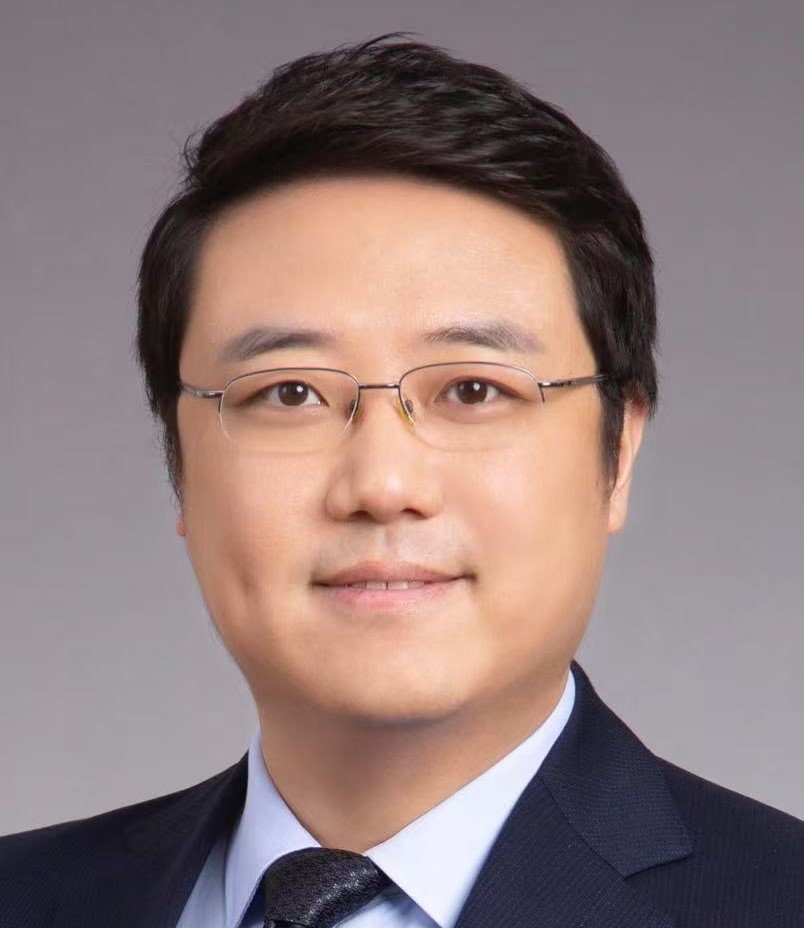
Riverhead Capital Investment Management Co., Ltd.——RHC
Speaker for Entrepreneurship Workshop
Dr.Yan Zheng holds a Bachelor’s degree from the Department of Automation at Tsinghua University and a Ph.D. in Engineering (with a joint-training program at the University of California, Santa Barbara, UCSB). His/her research focused on reliability and fault tolerance in integrated circuits and systems.Currently, Dr. Zheng leads technology-focused equity investment at Ronghui Capital, a market-oriented private equity firm under the Sunshine Insurance Group, with assets under management (AUM) exceeding RMB 30 billion.
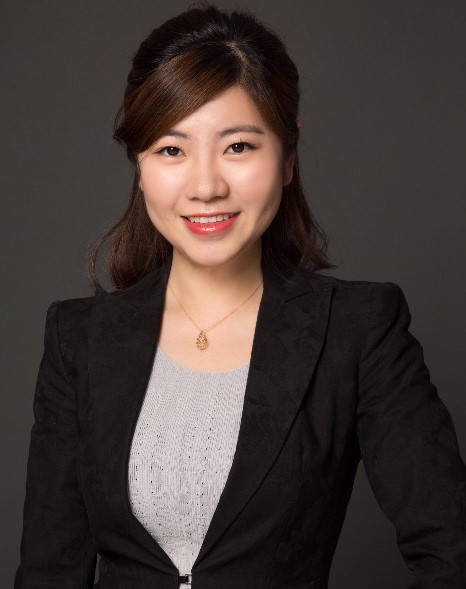
HongShan Capital Group
Speaker for Entrepreneurship Workshop
Ms. Yuan GONG, HongShan Capital Group Partner, focuses on investments in frontier technology fields and has more than 10 years of experience in venture capital, focusing on AI, robotics, synthetic biology, AI pharmaceuticals, etc. She has led the early stage investment in a number of unicorns/listed companies such as Infinigence AI, Noematrix, Narwal, Mech-Mind, Hai Robotics, METiS, and Bota Bio.
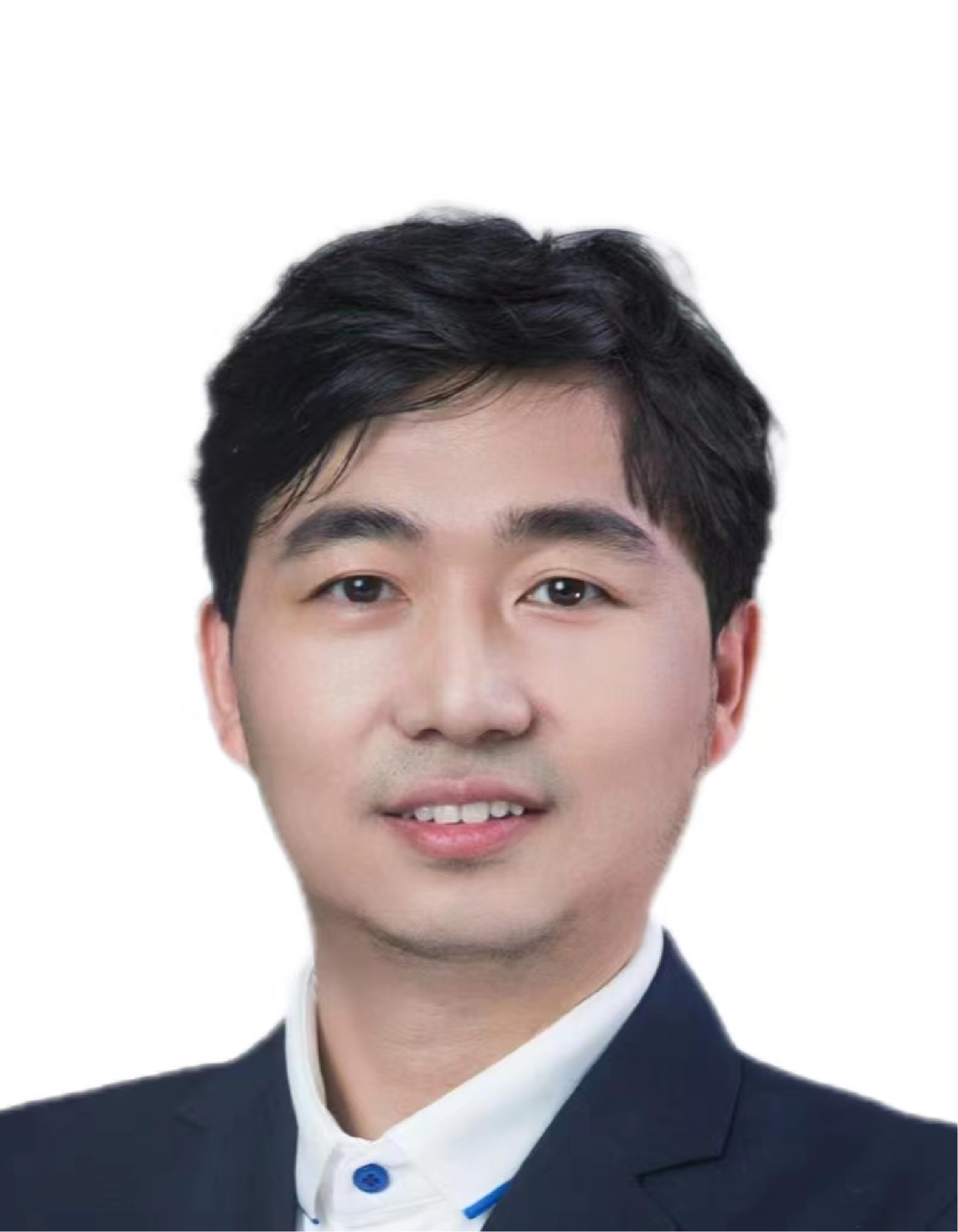
Zhejiang University
Speaker for Entrepreneurship Workshop
Dr. Zheng is a professor and director of technology transfer center in the College of Integrated Circuits at Zhejiang University, Hangzhou. He’s also the co-founder and CEO of Hangzhou Pride Silicon Technology Inc.
Dr. Zheng obtained both his bachelor's degree and Ph.D. from Zhejiang University in 2003 and 2008, respectively.
From 2008 to 2012, he worked at BU Automotive NXP Semiconductors in the Netherlands, holding positions such as Senior Engineer and Architect Engineer. In 2013, he joined Synopsys as a principal Engineer. He also co-founded the HNBC incubators to support innovation and entrepreneurship among Chinese professionals in Silicon Valley. He served multiple terms such as President of the General Association of Zhejiang Entrepreneurs USA, Board member of Chinese American Semiconductor Association etc.
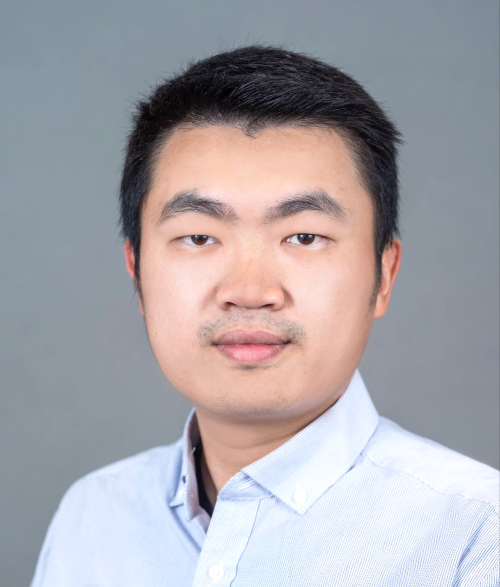
Shenzhen Institute of Artificial Intelligence and Robotics for Society (AIRS)
Speaker for Entrepreneurship Workshop
Dr. Shaoshan Liu’s background is a unique combination of technology, entrepreneurship, and public policy. On technology, Dr. Shaoshan Liu has published 10 textbooks, more than 100 research papers, and holds more than 150 patents in autonomous systems. On entrepreneurship, Dr. Shaoshan Liu has been the CEO of PerceptIn and has commercially deployed autonomous micro-mobility services in the U.S., Europe, Japan, and China etc. He is also the Asia Chair of IEEE Entrepreneurship. On public policy, Dr. Shaoshan Liu has served on the World Economic Forum’s panel on Industry Response to Government Procurement Policy, is leading the Autonomous Machine Computing roadmap under IEEE International Roadmap of Devices and Systems (IRDS). Dr. Shaoshan Liu’s educational background includes a Ph.D. in Computer Engineering from U.C. Irvine, and a Master of Public Administration (MPA) from Harvard Kennedy School. He is an elected member of the Global Young Academy, an IEEE Senior Member, an IEEE Computer Society Distinguished Speaker, an ACM Distinguished Speaker, and an agenda contributor of the World Economic Forum.
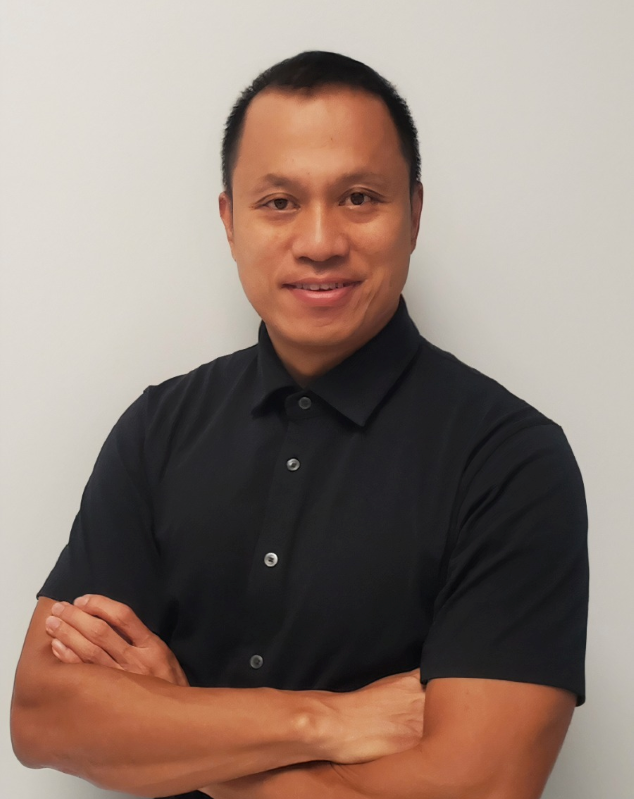
ACCESS
Speaker for Entrepreneurship Workshop
As a skilled technology leader with over 27 years of experience, Mark drives innovation and excellence in the development of advanced and cutting-edge technologies. His expertise spans multiple disciplines, including Artificial Intelligence for edge computing, computer vision, System-on-Chip design and implementation, and Electronic Design Automation methodology.
Currently, Mark serves as a Principal Researcher at ACCESS, where he plays a key role in realizing the commercialization plan for ACCESS technologies and leading the establishment of a spin-off company. His current focus is on designing AI chips for large AI models on edge computing, leveraging his extensive experience to propel ACCESS's foundational technologies into the industry.
A proud alumnus of the Hong Kong University of Science and Technology, Mark holds both his Bachelor's and Master's degrees from this renowned institution. This strong connection fuels his commitment to world-class research in deep tech, driving innovation and excellence in the field.
MetaX
Speaker for Entrepreneurship Workshop
Dr. Zeyao Han holds a Ph.D. in Microelectronic System Design from Zhejiang University (B.S., M.S., and Ph.D. integrated program). He has nearly 20 years of deep R&D expertise in SoC chip design, wireless communication systems, and algorithms, with prior roles including system engineer at Huawei, chief architect for the first-generation Kirin SoC, associate professor at Shanghai Jiao Tong University’s School of Microelectronics, and product & standards director at Alcatel-Lucent and Bell Labs. Over the past eight years, he lead a startup and focused on programming and AI education, leading STEAM/AI product strategies, technical roadmaps, and national cooperation initiatives. He holds over 20 patents and has received multiple honors, including National Innovation Awards, AI Excellence Team Awards, Shanghai’s Top Innovation Prize, and leadership recognition in China’s entrepreneurship and innovation landscape.

